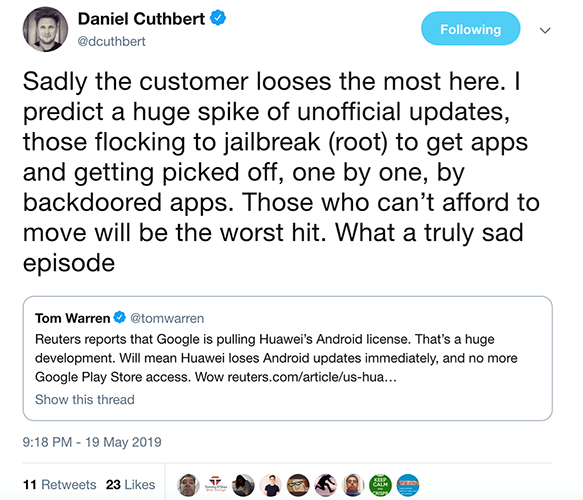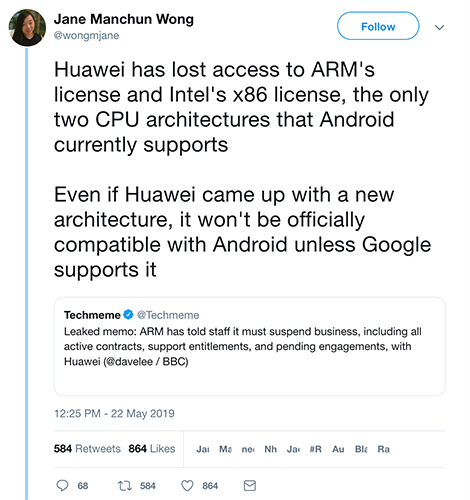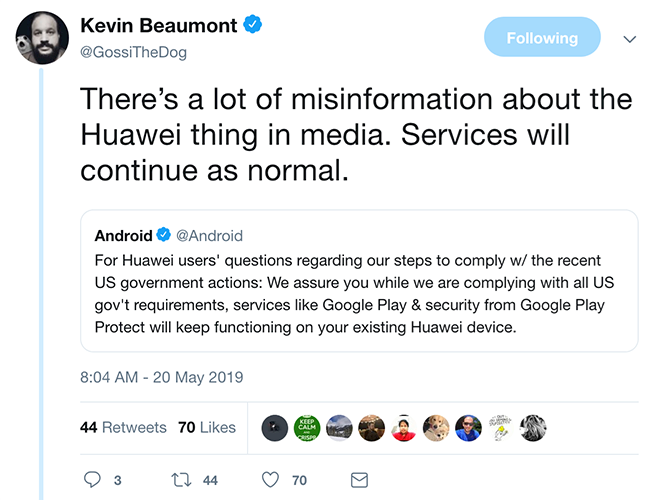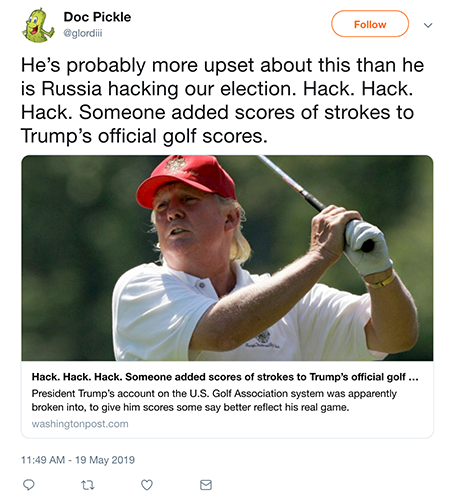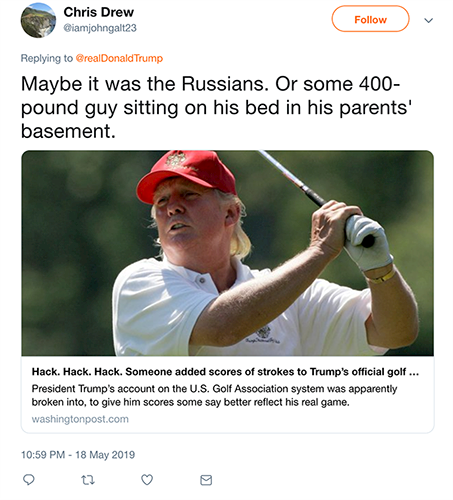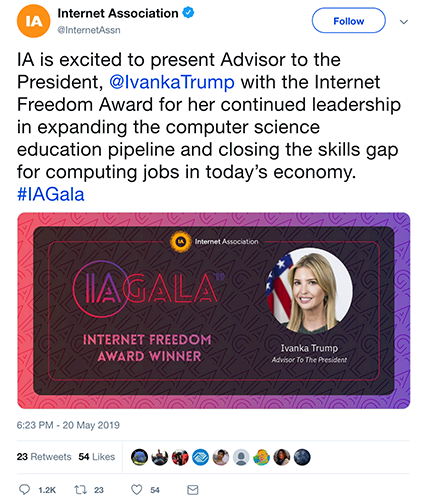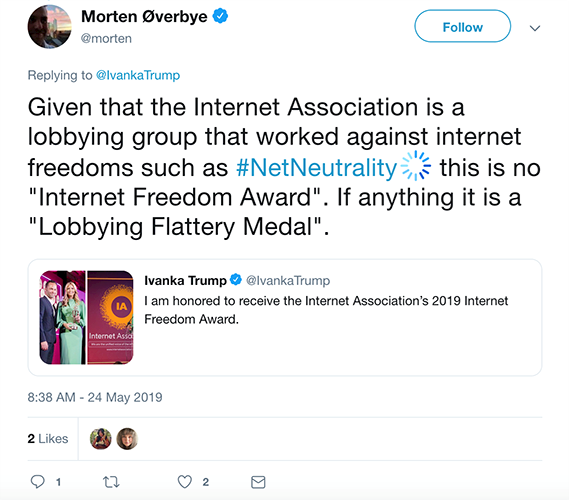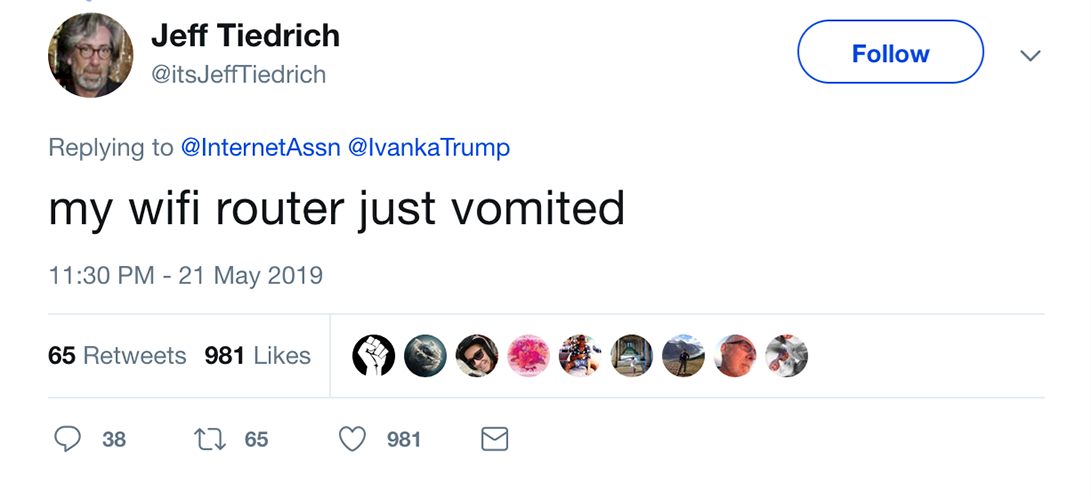Top infosec trends in the social media spotlight this week
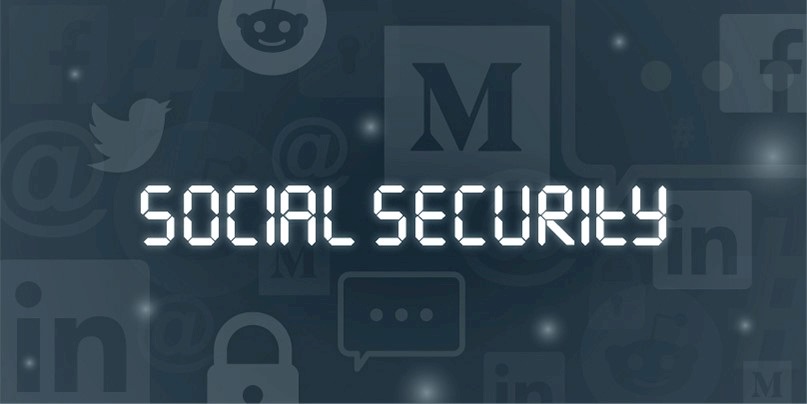
Huawei breathed a sigh of relief this week after US authorities announced that the Chinese conglomerate could continue working with American firms despite a previous ban, citing national security concerns.
Google, which was rumored to have already pulled Huawei’s Android license, is now expected to reverse its stance and supply software updates to the smartphone manufacturer until August 19, The Daily Swig reported.
This latest turn in the ongoing US-China trade war saga means that Huawei can continue developing standards for the forthcoming 5G network – although the National Cyber Security Centre (NCSC) in the UK is still waiting to see if the telco can bring its parts up to basic security standards.
That being said, Huawei may eventually be stopped from importing computer chips from the US to China, which has other American suppliers such as Intel and Qualcomm poised to cut ties, according to Bloomberg.
In an interview with the Chinese state broadcaster CCTV, Ren Zhengfei, Huawei founder, downplayed US actions, saying that the company’s capabilities were being “underestimated”.
It might be a fast-moving drama, but the world of infosec stayed focused throughout the twist and turns on how these developments would inevitably impact consumers.
The takeaway? It’s probably safe to use your Huawei smartphone.
Meanwhile, as US President Donald Trump stokes fear about Chinese spies preventing America from being great again, another kind of hack hit him where he would feel it the most – his golf game.
At the start of the week, media reports claimed that hackers had accessed the American President’s US Golf Association (USGA) account – adding fake scores to raise his “excessively flattering” handicap.
Craig Annis, director of communications for USGA, told Golfweek: “We have become aware of reports in the media questioning recent scores posted on President Trump’s GHIN account.
“As we dug into the data it appears someone has erroneously posted a number of scores on behalf of the GHIN user.”
Annis added: “We are taking corrective action to remove the scores and partnering with our allied golf associations, and their member clubs, to determine the origin of the issue.”
We’re no experts, but the hack might have something to do with the $100 million-plus of taxpayer money that has paid for Trump’s golf games since his inauguration.
What was probably a more surprising item on the social media hit list this week was an Internet Freedom award presented to the President’s daughter and current advisor, Ivanka Trump.
The award was presented by the tech lobbying Internet Association group at its sixth annual charity gala on Wednesday, which honored Ms Trump for her efforts in closing the skills gap and promoting education in the field of Science, Technology, Engineering, and Mathematics (STEM).
Ms Trump shared the stage with US Speaker of the House Nancy Pelosi, who received a Lifetime Achievement Award for creating inclusive career opportunities in the same area.
Some, however, were less than impressed with the chosen winners.
And finally, if you’re looking for something to binge now that Game of Thrones is over, security researcher Fabian Faessler, better known by his YouTube channel LiveOverflow, has launched a new series on browser exploitation.
“I just got started with this topic, and this series is going to document my journey of learning browser exploitation – in a video format,” Faessler wrote in a blog post this week.
“This means I might say some wrong stuff due to the fact that I lack the experience. So from episode to episode you can see my process of learning and hopefully it motivates people like you as well.”
One to look forward to. In the meantime, check out his interview with The Daily Swig here.






